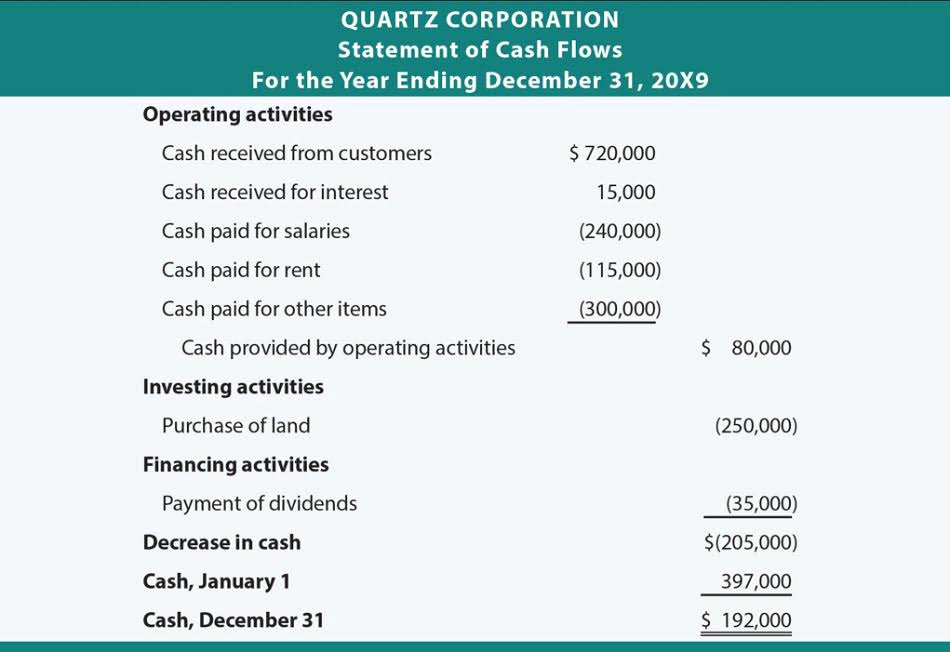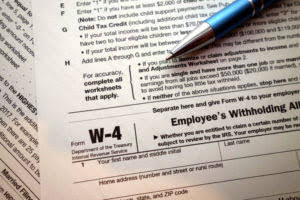
Like an accountant, a full-charge bookkeeper will analyze the trial balance and make any necessary adjusting journal entries to correct errors. The articles and research support materials available on this site are educational and are not intended to be investment or tax advice. All such information is provided solely for convenience purposes only and all users thereof should be guided accordingly. Typically, bookkeepers don’t need to have a degree, while accountants are expected to have at least a bachelor’s degree. Typically, an accountant requires a bachelor’s degree in accounting or a related field. Some may even opt for a master’s degree in business administration (MBA) with a concentration in accounting.
How To Setup A Successful Virtual Accounting Team

Beyond spreadsheets, they also know how to create efficient rules for automating these processes for maximum productivity. Our team of reviewers are established professionals with decades of experience in areas of personal finance and hold many https://www.bookstime.com/articles/church-payroll advanced degrees and certifications. These are the main differences that set apart a bookkeeper vs accountant. These areas define the roles and functions of bookkeeping vs accounting and show why they’re both essential to the business.
- Either way, a good first step in the process is to secure a provider of outsourced accounting and bookkeeping services to help fill these demands.
- In-house bookkeepers can get a lot done, but are they equipped to sustain your company’s financials as you grow?
- These distinctions become apparent when we delve into their responsibilities, education, and contribution to strategic decision-making.
- The more complex, the higher the skill level needed and perhaps the more people you need handling your books.
- That way, should you need to hire a professional down the line, they will have visibility into the complete financial history of your business.
Bookkeeper Duties
Getting into specifics, they also help manage things like invoicing, payroll, and calculating and preparing tax returns. If you’ll notice, a full service bookkeeper takes “charge”of all the duties of a bookkeeper. Where they differ is the addition of managerial, tax, and accounting related responsibilities.

Increased Efficiency in Financial Management
Small business owners are typically experts in their field or industry but might need more financial expertise to keep their company’s books in order. They don’t just crunch numbers; they make those numbers understandable and usable for the business owner. They maintain complete and up-to-date detailed accounts and manage all the fundamental bookkeeping duties, such as ledger entries, financial statement preparations, and payroll. Full charge bookkeepers often manage the entire cycle of accounting functions.
They ensure that an individual or business is paying taxes correctly and on time, and they offer advice on how to reduce costs, increase revenues, and improve profits. The salary range for bookkeepers and accountants differ per state and on other important factors. But typically, accountants earn more than bookkeepers, and their midpoint salary is higher. They work hand-in-hand to ensure that the business complies with all legal and reporting requirements.

A. Make General Ledger Adjustments:

Having the right qualification is important, but so are the skills you bring. As a Full-Charge Bookkeeper, you need to be detail-oriented and know Microsoft Excel well. As mentioned, everything done by professional bookkeepers is included, plus some extras. So let’s see what the basic duties of a full charge bookkeeper are, so you what is a full charge bookkeeper can have a better idea if that is what your business needs are. Figuring out the basics of bookkeeping and finding a reliable bookkeeper is the nightmare of every small business owner just starting. However, as the business grows, so do the bookkeeping needs, which is why you should consider stepping up your bookkeeping game.
The choice between a bookkeeper and an accountant largely depends on the size, complexity, and specific needs of the business, with many companies opting to utilize the distinct skills of both. On the other hand, accountants provide a higher level of strategic financial oversight. Both bookkeepers and accountants are eligible to become professionally certified. With the help of accountants, business owners learn to understand their cash flow and how profitable they actually are.